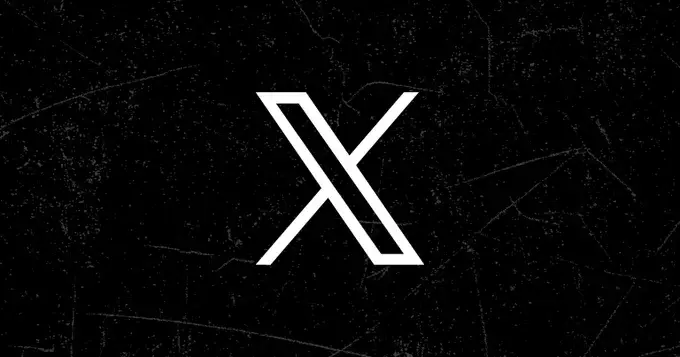Elon Musk’s ambitious vision for X, formerly known as Twitter, is taking a new turn with the introduction of “X Money.” Initially dubbed “X Payments,” this concept reflects Musk’s ongoing commitment to transforming X into a multifunctional platform that operates similarly to China’s WeChat, establishing a digital ecosystem where everyday transactions and interactions can flourish. However, the road to achieving this vision is marred with significant obstacles, particularly concerning regulatory hurdles and public skepticism.
Though X aims to launch X Money, setbacks have pushed the timeline beyond Musk’s original expectations. The foremost issue appears to be the difficulty in obtaining a critical money transmitter license, especially in key states like New York. Without this license, the introduction of X Money faces considerable limitations—a situation that has prompted X to take a more cautious approach, focusing on a select number of states for initial rollout. This piecemeal strategy could hinder the platform’s ability to offer its services on a wider scale, limiting both user engagement and potential revenue.
The public announcement by CEO Linda Yaccarino highlights a hopeful outlook for 2024, asserting that X will revolutionize connectivity by launching various services including X Money. However, the enthusiastic rhetoric used by Yaccarino raises eyebrows, as many are skeptical of the hyperbole surrounding the project. The optimistic proclamations may serve to mask the underlying challenges that lie ahead.
Legal and Ethical Concerns
One of the primary reasons for the legal struggles surrounding X’s attempt to launch X Money involves its association with the Kingdom of Saudi Arabia, particularly through financial backing from Saudi Crown Prince Mohammed bin Salman. Critics have raised ethical concerns regarding this partnership, linking it to the broader issues of human rights abuses in Saudi Arabia. This creates a complex landscape for X, as regulatory bodies assess not just the functionality of X Money but also the ethical implications of its leadership’s affiliations.
The backlash that X has experienced in light of these allegations has undoubtedly influenced its licensing struggles across the U.S. Those opposed to X Money cite the potential for the platform to facilitate unsavory practices and amplify the negative influence of its foreign relationships. Because of these considerations, regulatory approval may remain elusive, stifling Musk’s grand vision for the platform.
In light of its licensing challenges, X has pivoted towards a regional launch strategy for X Money, permitting a phased introduction in certain U.S. states. This approach could provide a fast-tracked means to test the waters before attempting a nationwide rollout. However, the strategy comes with significant limitations due to the restricted availability of services, thereby reducing the overall impact.
By focusing on specific markets first, X aims to finetune its offerings and address feedback before scaling up. Still, this regional strategy raises questions about the sustainability of the initiative in the long term. Many of X’s prospective users are based in international markets, where regulatory challenges could outweigh potential benefits, complicating the app’s evolution as a “super app.”
Musk’s aspiration to replicate the success of WeChat—a platform that has become integral to everyday life for millions in China—faces monumental challenges in terms of both adoption and functionality. While WeChat serves as a digital identity and a multifunctional tool for transactions, Musk’s grand plans for X Money have yet to materialize into a comparable service that resonates with Western consumers.
Previous attempts by other tech giants, including Meta’s efforts to establish Messenger as a payment platform, demonstrate the difficulty of transcending the traditional norms of payment methods among users in the U.S. and Europe. Just as contenders like Meta faced resistance, so too might X Money encounter significant roadblocks in gaining widespread user acceptance.
The Dark Clouds of Distrust
Building a robust payment platform in today’s climate requires not just user-friendly technology but also a sense of trust—something that X may struggle to cultivate due to various factors. Musk’s controversial standing in the public eye has eroded confidence in his ventures, and this distrust can inhibit adoption rates. Moreover, any attempts at integrating payment services into the platform without clear value propositions could lead to further backlash.
Despite these challenges, there remains a flicker of hope for X Money to carve out a niche. If the platform can introduce fee-free, seamless transactions that simplify user experience, it might muster enough interest to survive amid skepticism. However, it remains to be seen whether the dream of turning X into an “everything app” can withstand these multifaceted hurdles.
While X Money is on the horizon, it carries the weight of significant uncertainty. From regulatory challenges to ethical concerns and public distrust, Musk’s ambitions might falter without strategically planned steps forward. If executed wisely, there could be potential for X Money to seize a unique space in the digital finance landscape, but the odds appear steep. As X races toward its future, many will be watching closely to see how it navigates these turbulent waters.

